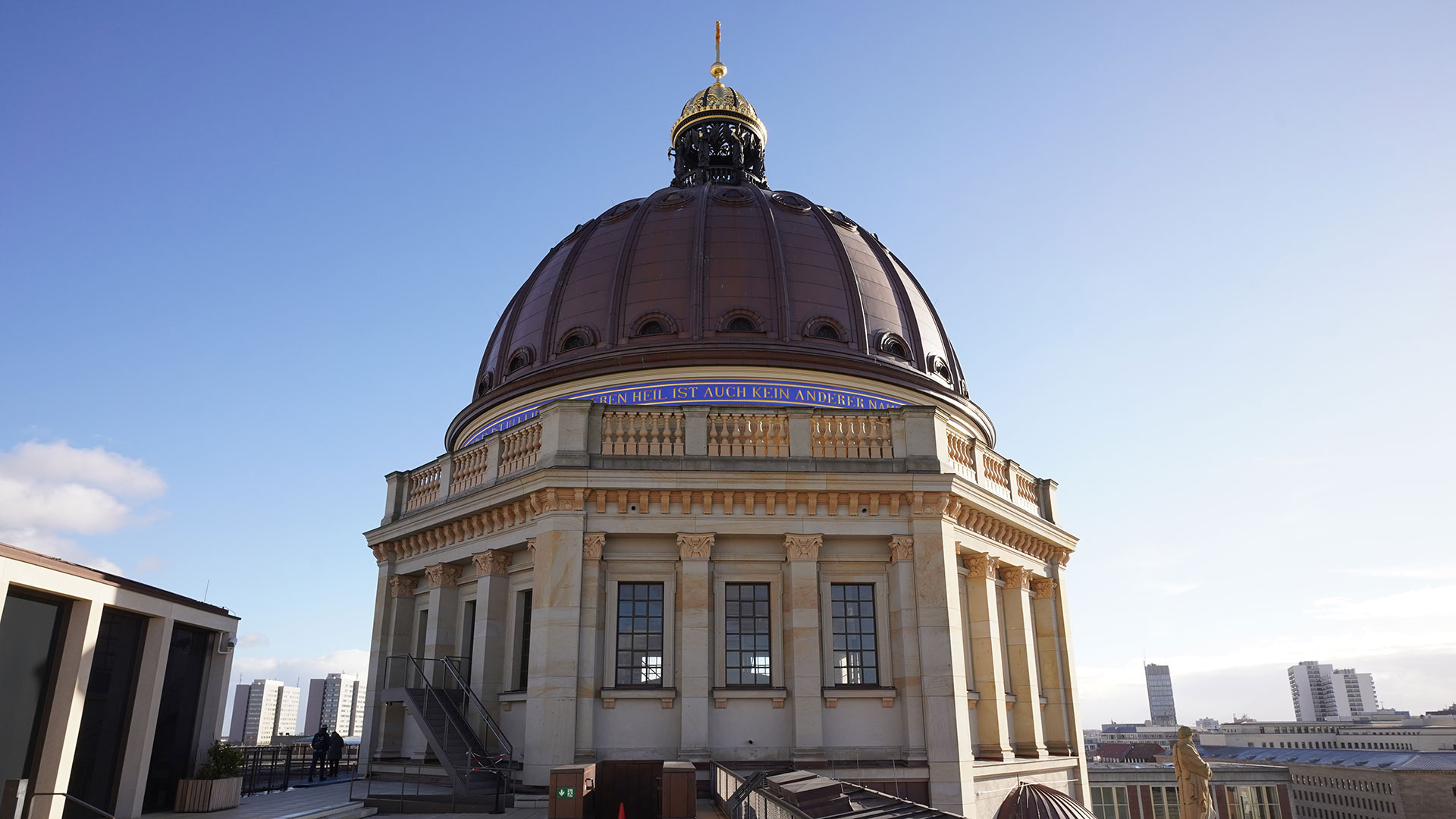
I taught this course at NYU Berlin for three semesters in 2023 and 2024.
Description: The history of Germany is inscribed into modern Berlin, which has served as the capital of an empire, a failed democracy, the Nazi experiment, a socialist state, and now Europe’s most populous country – all within less than a century. However, the city has been shaped not only by domestically and internationally powerful actors, but by its many and highly varied residents, who have continuously added, removed, and altered different layers of the cityscape. This course will examine how different pasts manifest themselves in present-day Berlin, focusing on both the city’s historical development and ongoing controversies surrounding representations of it. Making use of museum exhibits, walking tours, and films in addition to academic texts, we will look at the legacies of colonialism, Nazism, and socialism as well as Jewish, queer, Black, and migrant communities that have all left their own mark on the city.
Course Learning Outcomes: In this course, students will
- develop their understanding of modern German and European history through engagement with its enduring manifestations in Berlin;
- reflect on how past and present are linked within continually changing urban landscapes;
- interpret academic texts, museum exhibits, architecture, and film as approaches to understanding the past;
- evaluate present-day controversies over historical buildings, museums, street names, and so on and formulate their own views on them;
- critically analyze memorialization, preservation, absence and erasure in historical narratives as well as in urban space.